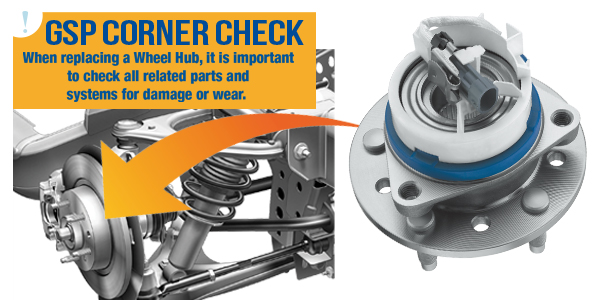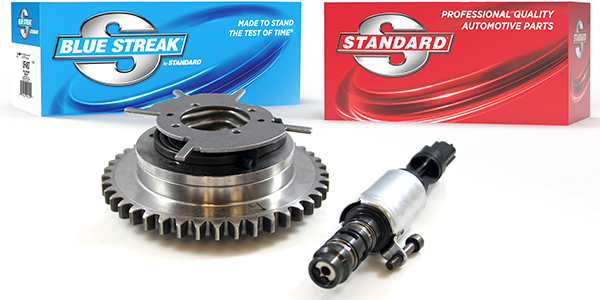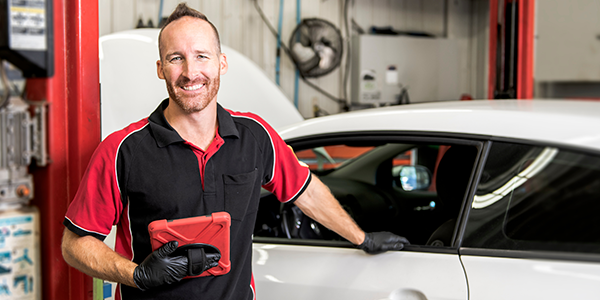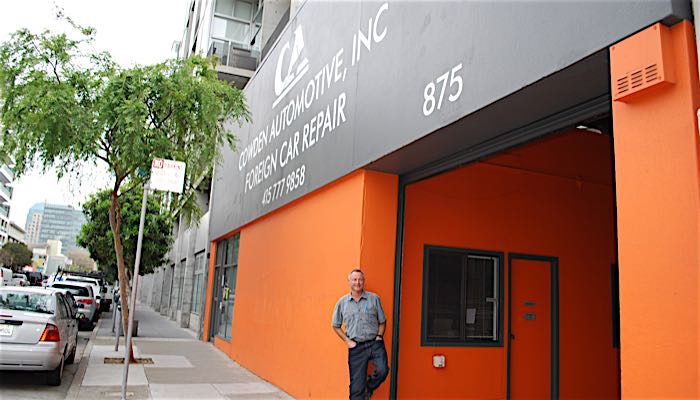The Brake Manufacturers Council (BMC) of the Automotive Aftermarket Suppliers Association (AASA) recently issued a statement in response to recent media reports and PR regarding the negative impact of the use of copper in brake friction products as it affects U.S. waterways.
Copper was introduced into brake friction products when the health risks associated with asbestos were discovered. Copper strands were selected for their effective and safe heat transference properties. In the early 1990s however, copper levels in watersheds showed an increase. In the mid-1990s, the AASA BMC said it commissioned watershed studies in California. The studies were conducted in cooperation with scientists and environmental groups.
While the studies identified many sources of copper in waterways – including plumbing pipes, boat paint and other products – the conclusions showed that dust created by brake friction wear was a contributor.
Founded in 1973, the BMC, which represents more than 80 percent of the producers of brake friction materials in North America, points out that it "is working tirelessly toward a solution," and has been actively involved in reducing the role brake dust plays in polluting U.S. waterways from the beginning. Today, the amount of copper in brake friction is generally less than 10 percent – and many BMC member companies currently produce products with no copper content, the council says.
In late 2010, California passed a law calling for a reduction of copper content in brake friction to less than 5 percent by 2021 and .05 percent by 2025. Washington state passed similar legislation in early 2010.
The AASA BMC and the Motor & Equipment Manufacturers Association (MEMA) say they played a significant role in helping shape these state laws. Since the laws’ passage, AASA BMC and MEMA have worked with both states on rule making which will regulate adherence. The associations’ efforts include recommended product identification, marking and testing standards and a registration process for maintaining documentation.
A recent press release issued by the Green Automotive Alliance announced the creation of a state-by-state petition to ban copper and other hazardous materials in automotive brake pads. One sponsor of the petition, FDP Friction Science, the manufacturer of Eco-Stop brake pads, stated in the announcement that it was " the only manufacturer of copper-free brake pads currently on the market" – a statement that is being disputed by other North American brake pad manufacturers.
"Due to many recent articles and industry marketing campaigns there seems to be a misconception that all friction products used on brake pads and shoes contain large amounts of copper. In the North American aftermarket there is broad range of friction applications whereby Semi-Metallic materials are available and sold that may not contain, or have little copper content. These Semi-Metallic products make up a large part of most friction companies product portfolio and therefore the assumption that all brake friction products contain copper is misleading. Copper is generally found in NAO or Ceramic friction products usually in the high-price segment," stated Bob Wilkes, BMC chairman.
Jack Cameron, BMC group executive and AASA vice president, added, "Many brake friction manufacturers offer non-copper product lines including leading suppliers such as Bosch, Federal-Mogul/Wagner and Affinia/Raybestos."
MEMA and the AASA BMC say they are confident that current activities will lead to the successful replacement of copper in friction materials within the prescribed timelines. Legislation in other states will not be needed since the changes in brake friction formulation are across all product offerings sold in every state, the council states.
"Consumers can rest assured that the manufacturers of brake friction materials will provide brake friction products free of copper in advance of the 2025 deadline," the BMC wrote in its statement.





